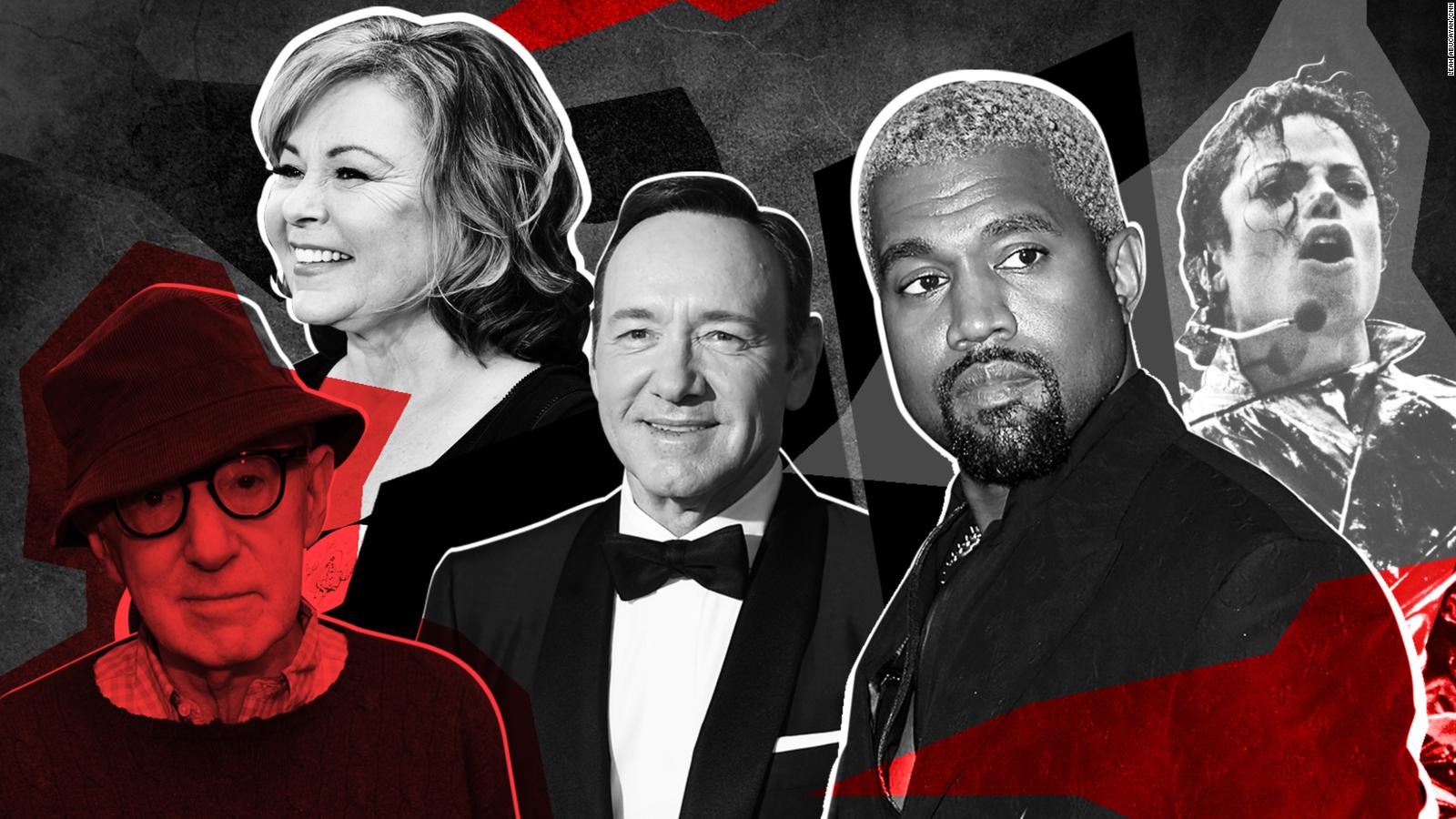"Social Media and #CancelCulture: The Pros and Cons of Amplified Voices"
Social media has undoubtedly revolutionized the way we communicate and connect with one another, allowing people from all over the world to interact in real-time. However, along with the many benefits of social media, there are also some significant downsides to its use. One of the most notable of these downsides is the phenomenon known as #cancelculture, which has emerged as a result of the growing influence of social media on our lives.
#Cancelculture refers to the practice of publicly shaming or boycotting individuals, companies, or other entities for behaviors or opinions that are deemed offensive or inappropriate by a particular group. This practice has become increasingly common in recent years, largely due to the power of social media to amplify voices and spread information quickly.
There are several advantages to social media's influence on #cancelculture. For one, it has given a voice to marginalized groups who may have previously been ignored or silenced. Social media has provided a platform for people to speak out against injustices and to demand accountability from those in positions of power. This has led to positive changes, such as the increased awareness and activism around issues like racism, sexism, and homophobia.
However, there are also some significant disadvantages to #cancelculture. One of the main concerns is that it can lead to a culture of fear and censorship, where people are afraid to express their opinions for fear of being "cancelled." This can stifle debate and hinder progress, as people may be less likely to engage in constructive dialogue if they feel they will be attacked or ostracized for expressing their views.
Another concern is that #cancelculture can sometimes be based on incomplete or inaccurate information, leading to unfair and unjustified attacks on individuals or organizations. Social media has the power to spread information quickly, but it can also spread rumors and falsehoods just as easily. This can lead to instances where people are unfairly targeted or punished for things they did not do. The video below describes in depth why cancel culture in another point of view:
I can provide information on both sides of the argument surrounding #cancelculture on whether or not it has any real value in society.
On one hand, supporters of #cancelculture argue that it is a necessary tool for holding individuals and organizations accountable for their actions and beliefs. They believe that it can be used to address issues of injustice and inequality, and that it helps to promote a culture of inclusivity and respect.
On the other hand, critics argue that #cancelculture can be overly punitive and can lead to a culture of fear and censorship. They argue that it can create an environment where people are afraid to express their opinions or engage in constructive debate, for fear of being "cancelled." They also argue that it can lead to unfair attacks on individuals or organizations based on incomplete or inaccurate information.
Ultimately, whether or not #cancelculture should be "cancelled" is a complex issue that requires thoughtful consideration and debate. It is important to recognize the potential benefits and drawbacks of this practice, and to engage in constructive dialogue around how best to hold individuals and organizations accountable for their actions and beliefs, while also promoting a culture of inclusivity and respect.


Totally worth a read!!
ReplyDeleteWow, this is so informative!
ReplyDeleteI didn't understand #cancelculture hastag but now you made me gain more knowledge about it and understand it's impact in the fields of public relations and social media. Good information 😊
ReplyDeleteTotally worth my time 💯
ReplyDeleteWe definitely need more of these articles
ReplyDeleteI love your writing, it was a good blog to read. Totally need more of these .
ReplyDeleteEverything I’ve been trying to understand have been clarified
ReplyDeleteI've always heard about cancel culture and saw some posts on Twitter but I didn't understand it, thanks to this blog I now understand it
ReplyDeleteI never got understand what it's meant by cancel culture but reading your blog made me understand the meaning behind. This blog was worthy reading!
ReplyDelete